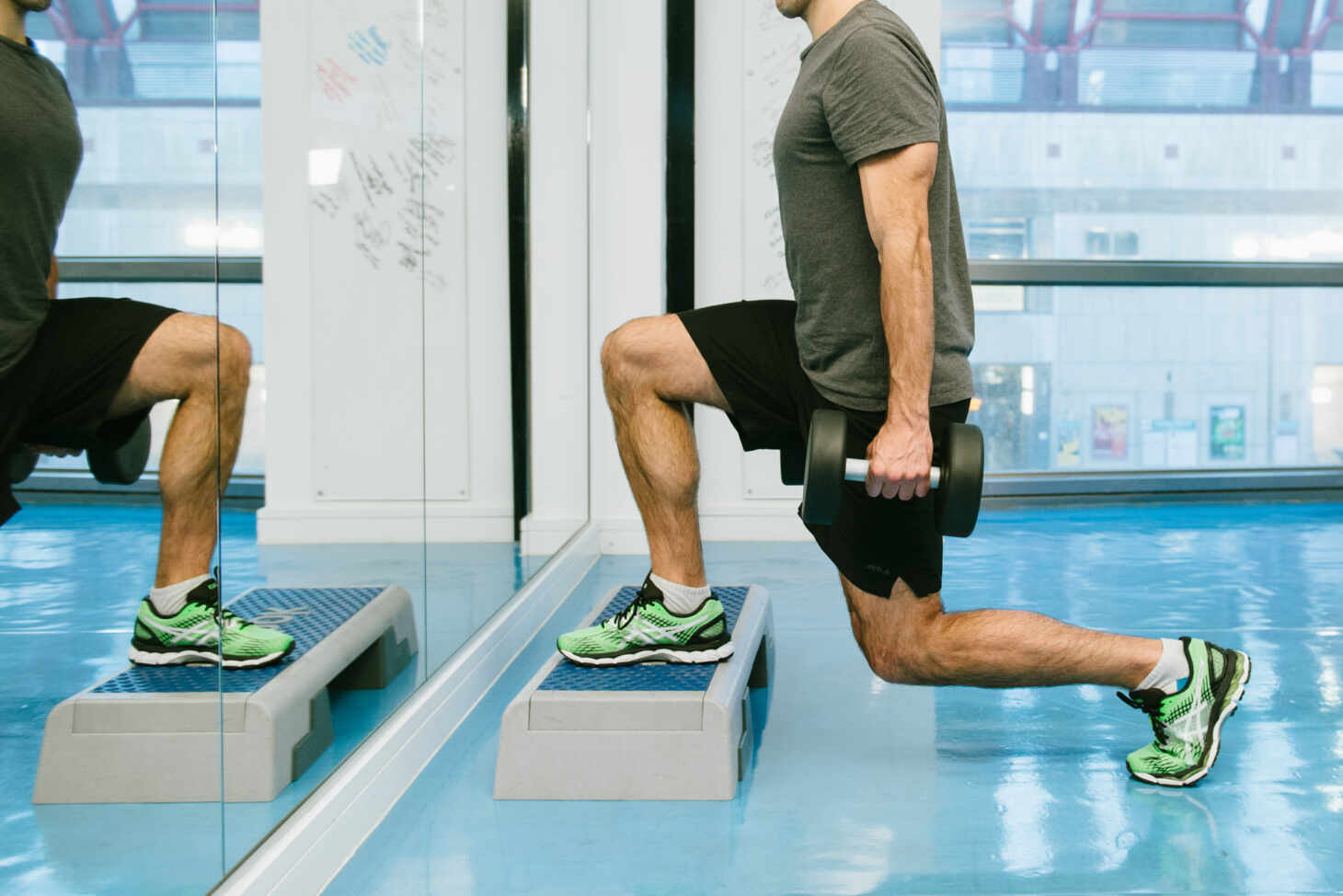Running an Ultramarathon in Your 50s

Dr Michael Burdon
Consultant in Sport, Exercise & Musculoskeletal Medicine
- 21 September, 2022
- Running
- 3 min read
As I turned 50 last year, I decided that I wanted to do another ultramarathon running race. I had previously done a 50km ultra 18 years ago, so it had been a long time!

Back in the early 2000s I had run 3 London marathons and the 50km ultra in 2004. Since then, I had continued to try and run and keep fit as much as I could.
However, in 2016 I developed ME (a type of chronic fatigue syndrome) which really affected my exercise, and meant that I was very restricted in how much exercise I could do for several years before I could progress. Slowly I could gradually increase training so that I was running 3-4 times per week without any issues. I did a half marathon in 2019 in 1h 52 mins so I knew that I was getting there.
Last year I started to increase my long-distance runs, which I’ve been able to continue in to this year. I then decided to sign up for the Windsor to Richmond Monster series 50km ultra; a fairly flat race which was good as I do most of my running around the Thames on flat terrain.
I decided that I would usually aim for 3 or maximum 4 runs per week. Part of the key aspects of training for an ultra-event is to ensure adequate recovery. This means allowing your legs to rest in between runs and using cross training activities such as cycling, elliptical training and swimming to reduce loading on the legs.
Also doing strength training is really important once or twice a week. This included calf raises with weights, squats, and gym-based exercises. Having 1 or 2 days of full rest per week was also key in allowing me to progress.
Of course, one of the weekly runs would need to be long distance in order to prepare for the event. I started to add distance gradually to my weekend runs but would have one in three weekends off to minimise injury risk.
I built up to around 39-40km as my longest run around 5-6 weeks before the event. I then ran 25km 2 weeks before and ensured that I had lots of rest over the last 2 weeks.
I did get some foot pain during my training, but this was fairly low level and I found that changing the type of trainers I was wearing, even just a month from the event, was very useful. I would definitely advise seeking expert podiatry advice on types of running shoes if you’re contemplating regular running.
Having a reliable nutritional plan is another important aspect of long-distance running training, after all training your gut is as important as training the rest of your body. So, as I trained, I also got used to how much water to take with me, use of energy gels and other types of snacks to keep energy levels up.
The big day came on 2nd July 2022. It was sunny but not too hot so it was ideal weather for the run. The route was amazing and took me through some beautiful places, from Windsor to Richmond along the Thames.
Of course, when the legs start to hurt you have to dig deep mentally and manage your mind as much as anything else. So long as you’re not ignoring an injury, an ultra-marathon is really more about mental strength as much as physical ability.
So, that’s what I did and before I knew it, I was ticking off the kms bit by bit. In the end I was delighted to finish in 5h 38 mins, over the total distance of 51.4km – officially my longest run ever!
I was thrilled to achieve my goal of running another 50km race, and also to have raised around £700 for the mental health charity MIND in doing so.
Advice for anyone wanting to take on an Ultra Marathon
Looking back now, the advice I’d give to anyone considering running a marathon or ultra, would be:
1. Start with a solid running base and allow plenty of time for the ups/downs of training. Give yourself enough time!
2. Find the right type of running shoes for you – if you’re not sure, I recommend seeing a podiatrist and get the best advice.
3. Aim for max 3 or 4 runs a week with gradual increases in overall distances (use the 10% rule each week) and the long run at the weekend.
4. Get used to drinking water with pouches or hydration packs while running and get to know which gels or energy drinks work well for you without causing stomach upsets.
5. Don’t skip rest days or strength training.
6. If you’re injured, seek professional help to get diagnosed early and ensure the correct treatment.
7. Build your mental strength as well as your physical and believe in your ability to achieve great things!

Advice
Over the last 20+ years our experts have helped more than 100,000 patients, but we don’t stop there. We also like to share our knowledge and insight to help people lead healthier lives, and here you will find our extensive library of advice on a variety of topics to help you do the same.
OUR ADVICE HUBS See all Advice Hubs

